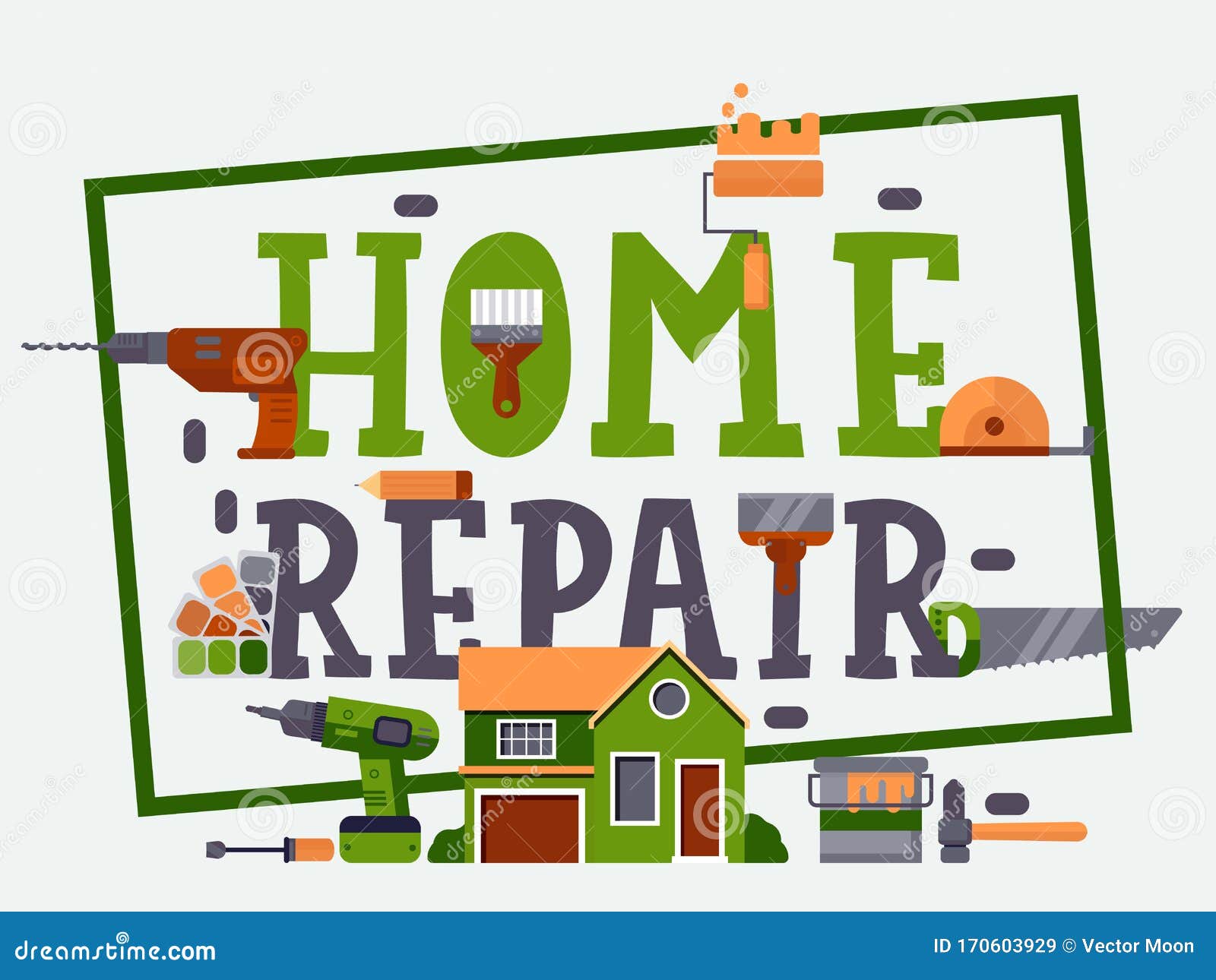Introduction to Sofa Selection
Choosing the perfect sofa for your living room might seem like a simple task, but several aspects need careful consideration to ensure it blends well with both the space and your lifestyle. From size and style to durability and comfort, each element plays a crucial role in making your living room both functional and stylish. This guide delves deep into how you can select a sofa that not only meets your aesthetic preferences but also stands the test of time.
Defining Your Space
Before you even start looking at sofas, understanding the dynamics of your living room is essential:
- Measure the Room: Use a tape measure to determine the exact dimensions of your room. Consider ceiling height, doorways, and any architectural features that might affect furniture placement.
- Traffic and Layout: Consider how traffic flows through your living room. Ensure there's ample space for movement around the sofa, especially if you entertain frequently or have children or pets.
- Focal Point: Identify if there’s a natural focal point in the room like a fireplace or television, and place the sofa so it complements this feature.
Size Matters
The size of your sofa should be proportional to your room:
- Sofa-to-Room Ratio: A common rule is that the sofa should take up about two-thirds of the wall it's against. This leaves enough space for additional furniture and prevents the room from feeling cramped.
- Multi-Sectional Option: If space allows, sectionals can provide ample seating and define different areas within an open-plan living room.
- Depth and Height: Sofas come in various depths; deeper cushions offer more comfort for lounging but consume more space. Similarly, sofa height should align with your general height preference for seating.
Style and Aesthetic
The style of your sofa will set the mood for your entire living room:
- Modern vs. Traditional: Modern sofas might feature clean lines with minimal ornamentation, whereas traditional options could include roll arms, intricate woodwork, or tufted upholstery.
- Fabric and Material Choices:
- Linen and cotton are breathable but less durable against spills.
- Leather offers longevity and a touch of luxury but requires maintenance to prevent scuff marks.
- Microfiber is incredibly durable, pet and kid-friendly but not as breathable.
- Color Coordination: Neutral colors are versatile; however, introducing pops of color can energize a room. Consider the existing palette in your room when choosing fabric.
- Patterns and Textures: If your room has solid colors elsewhere, a patterned sofa can become a statement piece. Textured fabrics like velvet can add depth and warmth.
Comfort and Ergonomics
Comfort should never be neglected:
- Cushioning: Down offers a plush feel but may need frequent fluffing. Polyester or foam fillings provide firmer support and often maintain shape longer.
- Back Support: Look for sofas with high backs or those offering lumbar support if back issues are a concern.
- Try Before You Buy: Sit on the sofa for an extended period. If possible, replicate the way you would typically use it at home.
Durability and Maintenance
A good sofa should withstand the demands of daily life:
- Frame Material: Hardwood frames or well-constructed plywood are more durable than less sturdy materials like pressboard.
- Stain Resistance: If durability is a priority, look into treated fabrics that repel stains or offer stain-resistant properties.
- Warranty and Build: Check what the warranty covers. High-quality sofas often come with warranties that assure against manufacturing defects for several years.
Functional Features to Consider
Modern sofas come with features that enhance functionality:
- Sofa Beds: Perfect for those needing an occasional sleeping space.
- Recliners or Adjustable Parts: For personalized comfort, with mechanisms to recline or adjust armrests.
- Storage: Some models include storage ottomans or built-in compartments for blankets or remote controls.
Eco-Friendliness
Increasingly, buyers are interested in products that don't harm the environment:
- Sustainable Materials: Sofas made from recycled materials or with certifications like FSC (Forest Stewardship Council) for wood usage are preferable.
- Local Production: Buying locally reduces carbon footprints associated with shipping and supports local economies.
Putting It All Together
Combining all these factors:
- Sketch out the layout of your living room with potential sofa placements.
- Consider longevity; a sofa that looks good today should look good in a few years too.
- Balance style with practicality. A sofa might look appealing, but if it doesn't meet your daily needs, it might not be the best choice.
Conclusion
Selecting the perfect sofa involves more than just picking what looks good at the store. It's about understanding your lifestyle, the specifics of your living space, and how you envision using the space. By considering size, materials, comfort, durability, maintenance, and even environmental impact, you can find a sofa that not only complements your room but also enhances your daily living experience. Remember, a good sofa isn’t just furniture; it's a long-term investment in comfort and aesthetics that shapes the heart of your home.
Happy shopping!


